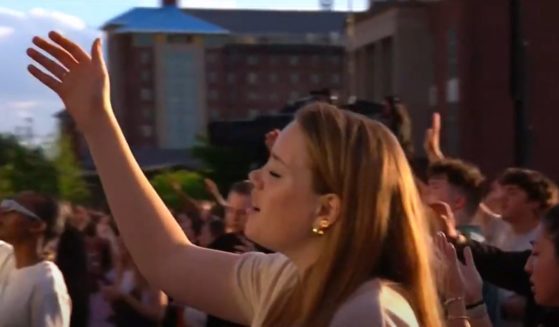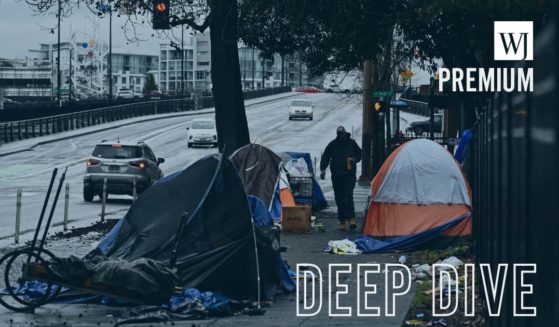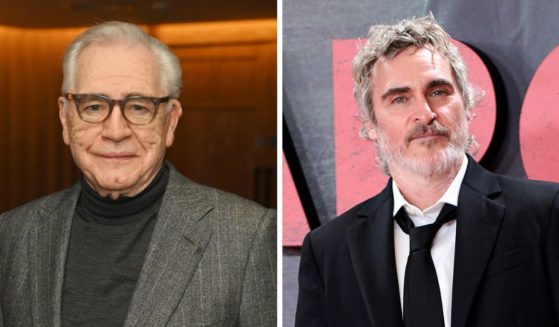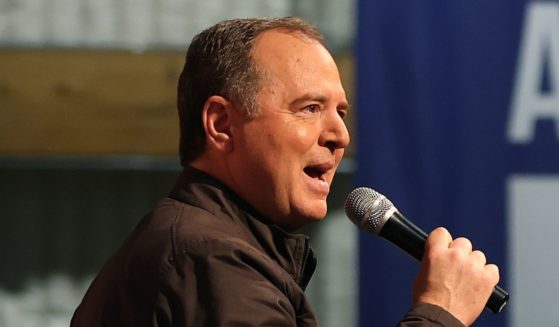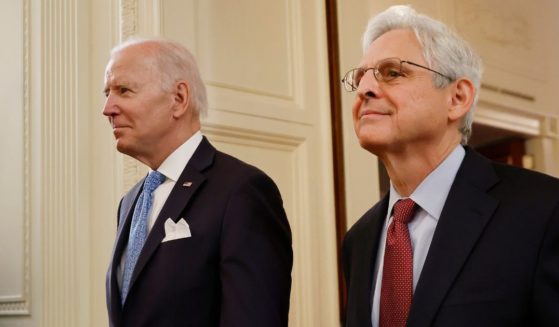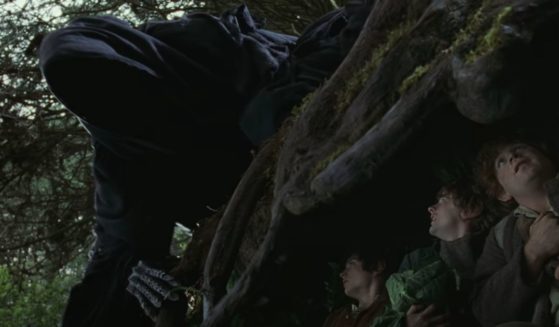Famous Chinese Billionaire Blacklisted Overnight, Party Scrubs Her Existence from Internet
How quickly can the Chinese Communist Party erase someone’s entire existence from the planet if they become problematic? Ask billionaire and famed Chinese actress Zhao Wei.
I mean, once someone is able to find her.
According to Hong Kong’s South China Morning Post, Zhao, one of the most famous entertainers in the nation of 1.4 billion has simply disappeared. As of Thursday, she seemingly became a non-person.
Her internet presence was scrubbed and her name was taken off all of her “television series, films, short videos and promotional materials from platforms such as Tencent Video, iQiyi and Youku.”
“The shows are still available with her scenes remaining intact, but any descriptions of her involvement were removed,” the SCMP added.
In addition, the CCP also cracked down on sharing information about her on social media platforms. On Weibo, China’s form of Twitter, a “hashtag” used to share information about Zhao was also blocked.
Zhao isn’t just an actress but also a businesswoman, a billionaire and a cultural icon. She’s run into several issues that could have led to her sudden blacklisting, however.
For instance, after Zhao’s erasure Thursday, Weibo’s top trending topic was a page about business interests she’d recently gotten out of. Zhao and her husband had been banned from Chinese securities markets for five years in 2017, for instance, after Chinese authorities said there were irregularities in their company’s failed takeover of a small animation company.
An article in the state-run Global Times about Zhao’s sudden online disappearance mentioned her business issues prominently. This should be a big red flag since a) the Global Times is arguably Beijing’s most prominent English-language propaganda mouthpiece, and b) when they’re talking about an actress suddenly disappearing from view, presumably because of Beijing’s doings, you can begin to grok what Beijing’s official party line is going to be.
“Aside from her celebrity identity, Zhao was also widely known as a billionaire investor surrounded with lawsuits,” the Global Times article read.
“According to statistics by qcc.com, a Chinese corporate database, Zhao had 14 companies; two had cancelled registrations and four were revoked of their licenses, as of press time. It also showed Zhao’s companies were facing risks such as having their shares frozen.”
However, when the Global Times talked about how Zhao had “been entangled in various scandals over the years,” the first ones they mentioned didn’t have to do with lawsuits or business kerfuffles. Instead, they implied the actress was insufficiently nationalistic.
“As early as 2001, Zhao received an overload of criticism for publicly wearing a dress featuring a Japanese military flag,” the Global Times reported.
The outlet also buried this nugget at the end:
“Zhao’s removal from video platforms comes two weeks after actor Zhang Zhehan, who was reportedly signed by Zhao Wei to her company last year, had all of his accounts and works banned on various social media platforms including Weibo, after posing at Japan’s notorious Yasukuni Shrine, sparking wide outrage.”
The Yasukuni Shrine, which pays tribute to the Japanese war dead, is a thorny issue with Beijing. As Reuters reported when the furor over Zhang’s selfie at the site exploded earlier this month, the shrine “is seen by Japan’s neighbouring countries as a symbol of that country’s past militarism,” particularly its war crimes in World War II.
China boycotts actor Zhang Zhehan after photos of visit to Japan’s Yasukuni Shrine https://t.co/pLDKQFC88G pic.twitter.com/xwDb3Pcj4p
— AsiaOne (@asiaonecom) August 16, 2021
Say what you will about cancel culture in the United States, it has nothing on China’s version of it. After the photos from 2018 and 2019 emerged, the China Association of Performing Arts — a government-affiliated group — immediately called for a boycott of Zhang, effectively ending his chances of employment in the country.
“The misbehavior of actor Zhang Zhehan severely harms national feeling and brings baneful influence to his young age-group audience. Hence, we demand members not to engage him in any employment,” the association said in a statement, according to Reuters.
While the 30-year-old Zhang apologized on social media and said he was “ashamed of his ignorance,” another state-run publication said he should “pay a heavy price” for the “challenge of national dignity.” Companies he had sponsorship deals with, including Coca-Cola and Pandora, immediately dropped him, and he was banned on China’s social media sites.
Has Zhao fallen victim to the same fate? Note the “overload of criticism for publicly wearing a dress featuring a Japanese military flag” the Global Times mentioned in its report — from 2001, some 20 years ago.
Could Beijing, not content with blacklisting and erasing Zhang from view, have come after Zhao as well? There could be other reasons that contributed as well.
As the SCMP noted, her politics were called into question back in 2016 when she had planned on using Taiwanese actor Leon Dai in a film she was directing; Dai was painted by Chinese social media users as a proponent of Taiwanese independence, and she was forced to drop him.
In addition, Zhao is close personally and financially with Jack Ma, the Alibaba founder and high-profile billionaire who has fallen out of favor with the Chinese Communist Party, according to The Hollywood Reporter. There’s also, as the outlet reported, the fact “the Chinese government is in the midst of a crackdown on the entertainment industry and the excesses of celebrity fan culture.”
Whatever the case, The Hollywood Reporter noted the only thing we’ve heard from Zhao since her unpersoning on Thursday were three pictures posted to her Instagram account Sunday that sought to dispel rumors she’d fled China for France. The post was later deleted.
Whether Zhao herself remains deleted is a question only Beijing can answer. If a country of 1.4 billion can memory-hole one of its richest celebrities, however, what do you think it can do to any ordinary citizen it suddenly finds problematic?
Truth and Accuracy
We are committed to truth and accuracy in all of our journalism. Read our editorial standards.




